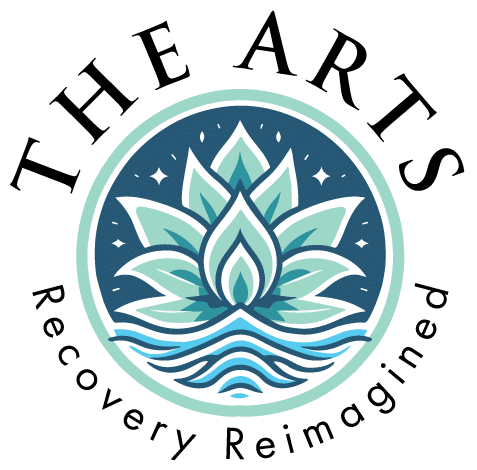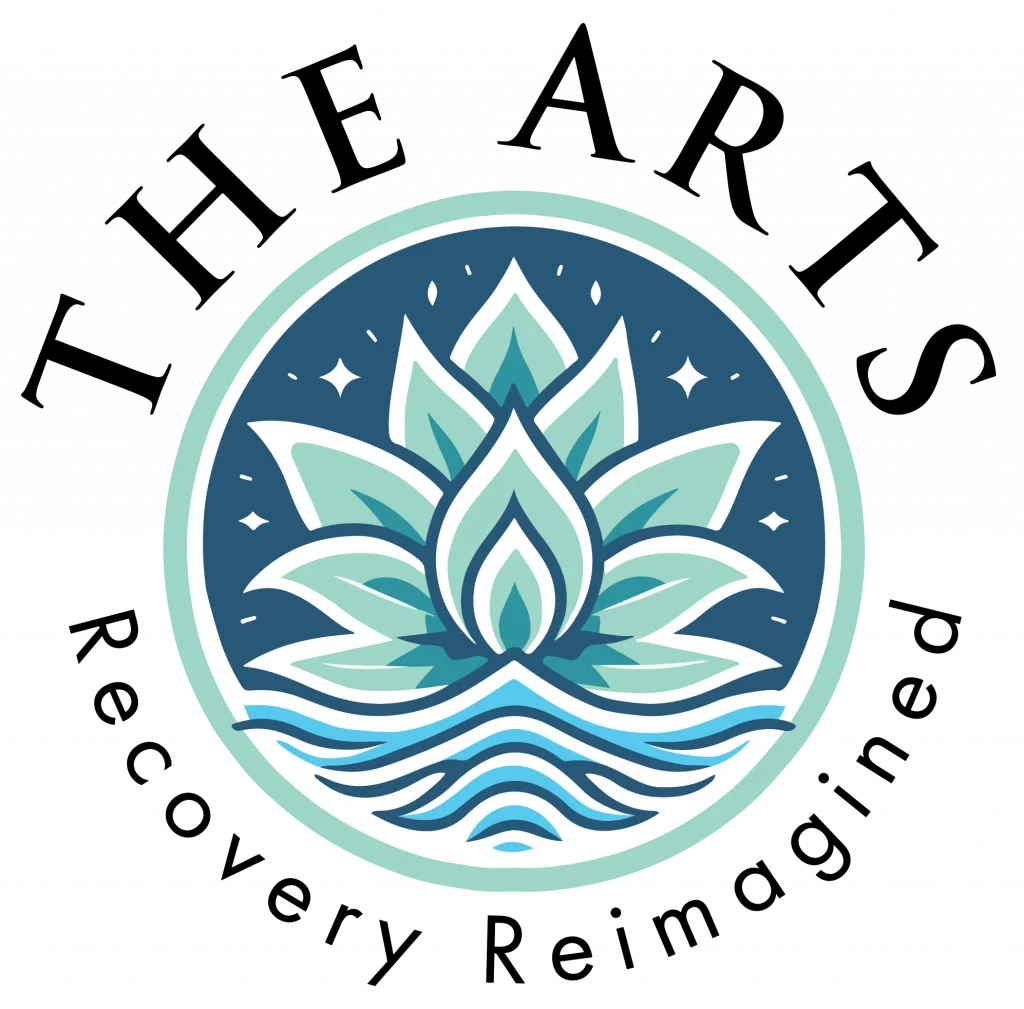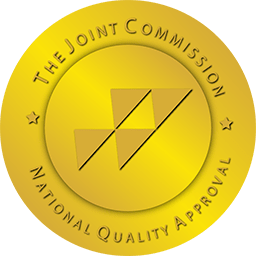Alcohol abuse and depression are two complex and challenging issues that often go hand in hand. But can alcohol cause depression?
Understanding the link between these conditions is crucial for effective treatment. Keep reading to learn more about the potential impact of alcohol on your mental health!
What is Depression?
Depression is a mental health disorder characterized by sadness, hopelessness, and a lack of motivation or interest in activities.
What are the Types of Depression?
It affects millions of people worldwide, and there are different forms of depression, including:
- Major depressive disorder: is the most common and severe type of depression that impairs daily functioning
- Dysthymia or Persistent depressive disorder: This condition is less severe than major depression; however, it often lasts longer, two years or more
- Bipolar disorder: is a mental health condition characterized by harsh shifts from feeling very high (mania) to feeling very low (depression)
- Postpartum depression: A form of depression that may appear after childbirth and last up to one year
- Seasonal affective disorder: A type of depression that occurs in a specific season, usually winter
- Atypical depression: This form of depression can include feelings of heaviness or leaden paralysis and an inability to feel pleasure
- Premenstrual dysphoric disorder: is a severe form of premenstrual syndrome involving physical symptoms and depression, irritability, and anxiety
What Are the Symptoms of Depression?
The symptoms can vary in intensity from mild to severe and may involve alterations in sleep patterns, appetite, energy levels, and focus.
What is Alcohol Use Disorder?
Alcohol Use Disorder is a chronic mental health condition that affects an individual’s ability to control their drinking habits.
It can lead to adverse life consequences such as poor health, relationship issues, and legal problems.
It is a complex disorder that involves both genetic and environmental factors.
Heavy drinking can also exacerbate symptoms of depression and increase the risk of suicide.
Signs of Alcohol Use Disorder (AUD)
Common symptoms of AUD include:
- Cravings for alcohol
- Binge drinking
- Increased tolerance
- Loss of control over drinking
- Physical dependence
Can Alcohol Cause Depression?
Many clients wonder, “Does alcohol cause depression?” The link between alcohol abuse and depression is unclear, but evidence suggests they are closely related.
How Does Alcohol Cause Depression?
Understanding addiction science helps us answer the question, “How can drinking cause depression.”
Several studies have shown that individuals who abuse alcohol are more likely to experience depression than those who do not drink or drink moderately.
Similarly, individuals who suffer from depression are more likely to turn to alcohol as a means of self-medication or coping mechanism.
Altered Brain Chemistry
One theory behind the link between alcohol abuse and depression is that alcohol can alter brain chemistry, leading to changes in mood and behavior.
Alcohol affects neurotransmitters in the brain, such as serotonin and dopamine, which regulate mood.
When an individual consumes alcohol, it initially increases these neurotransmitters’ levels, leading to euphoria and relaxation.
However, prolonged alcohol use can deplete these neurotransmitters, leading to feelings of depression and anxiety.
Genetic Predisposition
Another theory is that individuals with depression are more likely to have a genetic predisposition to alcohol abuse.
Studies have shown that genes associated with depression are also linked to the development of AUD.
History of Trauma
Additionally, individuals who have experienced trauma or have a history of childhood neglect or abuse may be more likely to develop depression and alcohol abuse to cope with their emotions.
How are Co-Occurring Alcohol Abuse Disorders and Depression Treated?
Treatment options for individuals who struggle with dual diagnosis AUD and depression often involve a combination of therapy and medication.
Cognitive-behavioral therapy (CBT) effectively involves pinpointing negative thought patterns and replacing them with positive ones.
Additionally, medications such as antidepressants and anti-anxiety meds may be used to help manage symptoms of depression.
For individuals who suffer from co-occurring depression and AUD, integrated treatment programs that address both conditions simultaneously are most effective.
These programs typically include individual therapy, group therapy, and support groups like Alcoholics Anonymous.
In some cases, residential treatment programs or partial hospitalization may be required to provide a safe environment for individuals to recover.
ARTS IOP Treats Alcohol Addiction and Depression in California
At ARTS IOP, we provide comprehensive treatment for individuals with AUD and depression.
Our program focuses on evidence-based therapeutic approaches to create tailored plans that work best for each individual.
Our evidence-based outpatient approaches are effective in treating AUD and depression.
We use a variety of therapies for all clients to gain insight into their behaviors, develop healthy coping skills, and overcome negative thought patterns.
Contact ARTS IOP today to learn how our comprehensive treatment program can help you or a loved one recover from AUD and depression in California.
